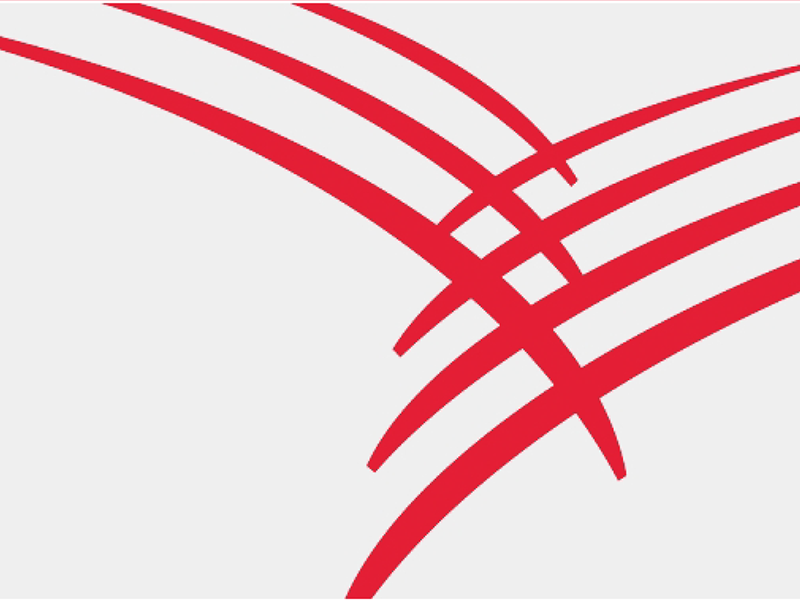 |
Press Releases
DUBLIN, Ohio, Dec. 17, 2013 /PRNewswire/ -- At the 2013 American Society of Health System Pharmacists (ASHP) Midyear Clinical Meeting in Orlando, one of Cardinal Health's leading hospital pharmacy experts shared best practice insight into how hospitals can leverage benchmarking and analytics tools to reduce drug costs.
According to Kathy Chase, Pharm. D., director of Drug Cost Control Services for Cardinal Health's Innovative Delivery Solutions business, benchmarking drug cost and other areas of hospital pharmacy performance can help hospitals reduce drug costs by 1 to 3 percent. Chase says that for the average hospital, this may represent a half a million dollars in savings each year.
At the 2013 ASHP Midyear, which took place Dec. 8-12, in a session entitled "Strategic Use of Benchmarks to Drive the Pharmacy Agenda," Chase shared a wide array of benchmarking best practices that can help hospitals better manage costs while improving outcomes. Just some of the best practices she discussed included:
- Benchmarking against multiple sources – Use two or more benchmark criteria to help intensify your focus on key opportunities - the ones that will drive the most savings. Focus both on internal measures, like comparing your own hospital's performance year over year; and on external measures, like comparing your hospital against others in your health system.
- Adjusting data to make it more meaningful – Every hospital is unique. Don't go overboard trying to find exact matches when comparing your hospital to other hospitals. Adjust data instead. Trying to find hospitals that are precise matches in size, geography, services, teaching affiliation and so on will rob you of valuable data.
- Measuring costs, not charges – It is crucial to measure actual hospital-acquisition cost, not charges. Hospital charges often bear little relationship to actual drug cost.
- Expanding benchmarking beyond cost – consider quality and outcomes, as this data analysis promotes improving outcomes while reducing cost.
- Applying pharmacy benchmarking to the hospital's clinical decision support program – this will help you to extend analytical insights into everyday clinical practice throughout the hospital system.
Those who want to learn more about the hospital pharmacy benchmarking insight Chase shared at the ASHP Midyear can read her recent post on Cardinal Health's online thought leadership site, Essential Insights.
Cardinal Health's Innovative Delivery Solutions business helps providers transform hospital pharmacies into a strategic asset – delivering value that supports the patient throughout the continuum of care. The team's mission is to provide exceptional clinical, supply chain, analytics and operational expertise to improve patient access, increase quality of care and reduce overall costs. From supply chain management solutions to expert consultative services, Cardinal Health Innovative Delivery Solutions provides a highly comprehensive, universal solution for hospital pharmacies.
About Cardinal Health
Headquartered in Dublin, Ohio, Cardinal Health, Inc. (NYSE: CAH) is a $101 billion healthcare services company that improves the cost-effectiveness of health care. As the business behind health care, Cardinal Health helps pharmacies, hospitals, ambulatory surgery centers and physician offices focus on patient care while reducing costs, enhancing efficiency and improving quality. Cardinal Health is an essential link in the health care supply chain, providing pharmaceuticals and medical products to more than 100,000 locations each day. The company is also a leading manufacturer of medical and surgical products, including gloves, surgical apparel and fluid management products. In addition, the company supports the growing diagnostic industry by supplying medical products to clinical laboratories and operating the nation's largest network of radiopharmacies that dispense products to aid in the early diagnosis and treatment of disease. Ranked #19 on the Fortune 500, Cardinal Health employs more than 33,000 people worldwide. More information about the company may be found at cardinalhealth.com and @CardinalHealth on Twitter.
SOURCE Cardinal Health
